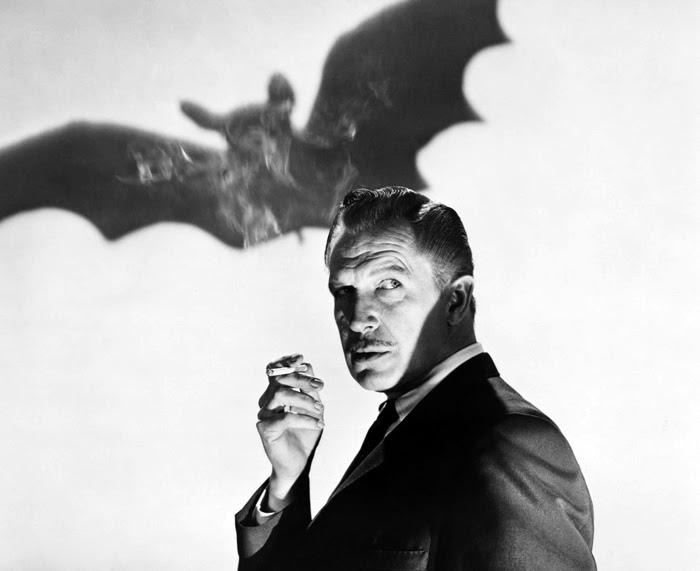 Found - an uncommon cook book called Cool Cooking. Recipes of your Favorite Rock Stars by Roberta Ashley ( Scholastic Book Service USA 1972). As it was published 40 years some of the stars are now dead (John Lennon, George Harrison, Eddie Kendricks, Wilson Pickett, Joe Cocker) or sadly forgotten (The Honey Cones, The Grass Roots, The Bells, Andy Kim, Odetta, The Delfonics, Rose Colored Glass, Mandrill) and Paul McCartney was still eating meat. He provides a pizza recipe with sausage and anchovies etc.,
Found - an uncommon cook book called Cool Cooking. Recipes of your Favorite Rock Stars by Roberta Ashley ( Scholastic Book Service USA 1972). As it was published 40 years some of the stars are now dead (John Lennon, George Harrison, Eddie Kendricks, Wilson Pickett, Joe Cocker) or sadly forgotten (The Honey Cones, The Grass Roots, The Bells, Andy Kim, Odetta, The Delfonics, Rose Colored Glass, Mandrill) and Paul McCartney was still eating meat. He provides a pizza recipe with sausage and anchovies etc.,Some recipes are long and complicated and some short to the point of minimalist. From Elton John ('who doesn't cook at all') is a multi ingredient Shrimp Currry. Kris Kristofferson's Tacos looks slightly difficult but he advises (unlike Nigella) 'prepackaged taco shells'. George Harrison' s Banana Sandwich requires bread and a banana with peanut butter optional -'Slice a ripe banana lengthwise and lay on a piece of bread. If you like, you can spread the bread with peanut butter.' That's it.
Another banana themed recipe comes from Carly ('You're so vain') Simon. Carly 'likes strange food combinations she creates spontaneously'. This concoction, she says, tastes great with yoghurt and mandarin oranges.
Carly's Concoction
Chopped Walnuts
1 container cottage cheese
1 banana
honey ( as much as you like)
Mix the walnuts into the cottage cheese and sliced the banana over the top of this mixture. Pour honey over the whole concoction and serve.
Lastly John Fogerty ( Creedence Clearwater Revival) has a good egg recipe for a rock and roll breakfast.
Fogerty Scrambled Eggs
4 eggs
1/2 cup sour cream
salt and pepper
1/2 stick butter
Beat the eggs well and stir in the sour cream ; add salt and pepper and blend. Melt the butter in a skillet and pour in the eggs. Fry over a medium heat, stirring frequently, until the eggs are solid. Serves 2.
























